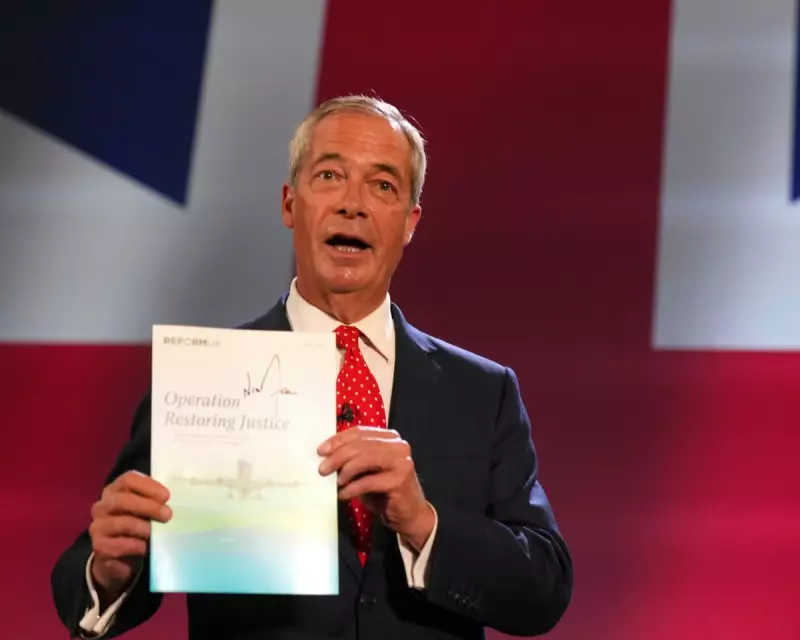
Westminster stirs back to life this week, but the familiar corridors of power echo with an unfamiliar political reality. Prime Minister Keir Starmer's Labour government, still in its relative infancy, returns to parliament not with a victory lap, but facing its first major battle for control of the political narrative.
The source of this challenge? The remarkable and persistent surge of Richard Tice's Reform UK, which continues to command significant media attention and public discourse, leaving Labour strategists scrambling for a response.
A Government Under Pressure from Day One
Despite a commanding majority in the House of Commons, Labour's authority is being tested sooner than many anticipated. The party's own backbenchers are growing restless, urging leadership to adopt a more assertive and combative stance against Reform's populist appeal. The fear is palpable: without a clear, compelling counter-message, Reform's momentum could solidify, defining the political landscape for years to come.
This internal pressure underscores a simple truth: a parliamentary majority does not automatically translate to control of the public conversation.
The Reform UK Conundrum: More Than Just Nigel Farage
Reform's ability to dominate headlines is a masterclass in political disruption. While the formidable presence of Nigel Farage looms large, the party's strategy extends beyond a single personality. They have successfully tapped into a vein of discontent, focusing on contentious issues like immigration and national identity with a clarity that often leaves the government looking reactive and hesitant.
Their messaging, amplified by a supportive media ecosystem, cuts through the noise, making Labour's more nuanced, policy-driven communications seem technocratic and dull in comparison.
Starmer's Strategic Dilemma: To Engage or Ignore?
This presents Prime Minister Starmer with a profound strategic dilemma. Does he directly engage with Reform, risking lending further credibility to their platform? Or does he attempt to rise above the fray, focusing solely on delivering his government's agenda and hoping Reform's support will eventually plateau?
It's a political tightrope. Ignoring Reform appears out of touch, while engaging on their chosen battlegrounds could alienate the centrist voters who secured Labour's victory. The government's response so far has been a mix of both, but critics argue it has resulted in a muddled message that fails to land a decisive blow.
The Long Game: Delivery Versus Rhetoric
Labour's core argument remains one of substance over soundbites. Ministers will contend that steady, competent governance and delivering on key pledges—from economic stability to NHS reform—will ultimately win over the public. Their hope is that the allure of populist rhetoric will fade as the hard work of rebuilding Britain begins to show tangible results.
However, politics is rarely that patient. The autumn parliamentary session is therefore critical. Every government announcement, every policy detail, and every Prime Minister's Questions will be a skirmish in this wider war for narrative dominance. The question for MPs returning to their benches is not just about what laws they will pass, but whose story the British people will believe.





